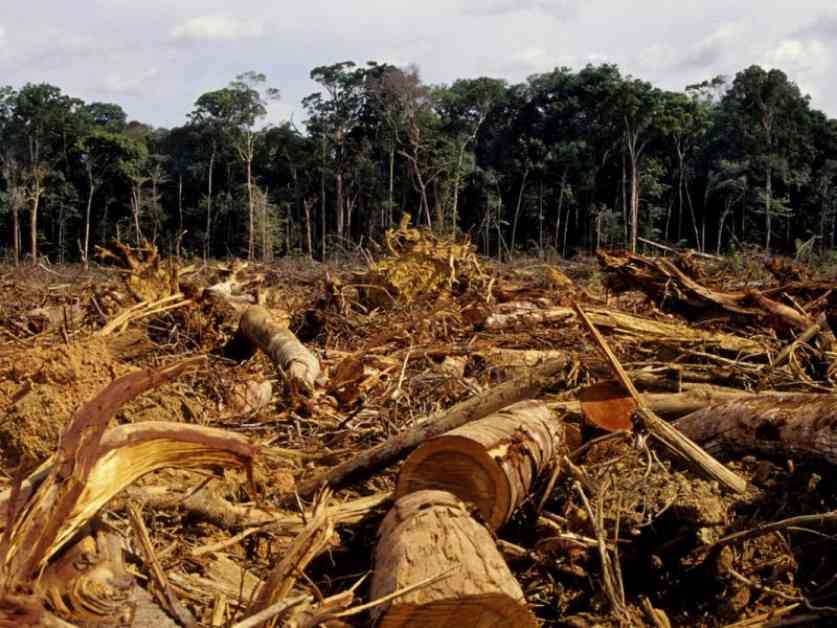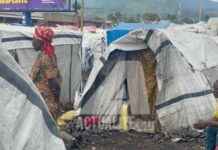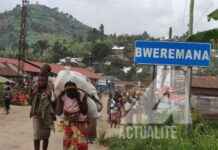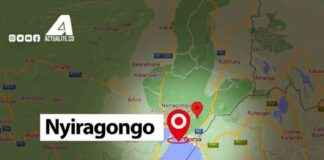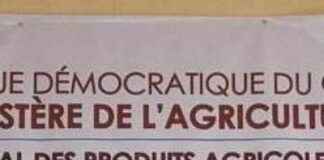European Union’s Deforestation Regulations Spark Criticism from Kinshasa: Allegations of Economic Warfare
In a recent development, the Congolese government has raised strong objections to the European Union’s regulations aimed at combating deforestation, particularly in agricultural products like cocoa and coffee. During a briefing in Kinshasa, Julien Paluku, the Minister of Foreign Trade, criticized the contradictions and potential negative impacts of this legislation on the Democratic Republic of Congo (DRC).
Minister’s Critique of European Regulations
Julien Paluku highlighted that while the European regulation claims to protect the environment, it fails to consider the local realities of the DRC. He emphasized that cocoa and coffee cultivation in the country does not lead to deforestation; instead, they contribute to reforestation and CO2 capture. The DRC boasts 80 million hectares of arable land separate from its 155 million hectares of tropical forests, a fact often overlooked by the EU regulations.
Concerns Over Certification Process
Despite receiving certification for its plantations from international auditors in August 2024, Minister Paluku questioned the impartiality and location of these auditors. He expressed doubts about auditors from Kenya, Uganda, and Rwanda certifying Congolese fields from abroad, raising concerns about their objectivity.
Inconsistencies in Timelines
Moreover, Paluku pointed out the inconsistency in timelines, noting that while auditors certified the plantations this year, cocoa and coffee take three years to produce. This discrepancy raises questions about attributing recent deforestation to crops harvested today, unfairly penalizing Congolese producers.
Calls for Recognition and Support
The Minister stressed the DRC’s minimal contribution to global deforestation, estimated at just 0.03% annually. He advocated for recognition of the carbon-capturing benefits of perennial crops like cocoa and coffee, urging the EU to support their access to carbon credits instead of imposing sanctions.
In response to these challenges, the DRC proposes a tripartite dialogue involving the EU and MONUSCO to ensure that plantations adhere to environmental standards. Additionally, plans are underway to enhance local capacities for national product certification, reducing reliance on foreign auditors with potential conflicting interests.
Furthermore, Paluku highlighted the need for diversifying commercial outlets, including rejoining the AGOA program, exploring Indian and Chinese markets, and reducing dependence on the European market. He cautioned against hidden economic agendas that could hinder the country’s agricultural development aspirations.
With these measures and critiques, Kinshasa aims to amplify its voice and safeguard its interests against international standards deemed unsuitable for its context.
